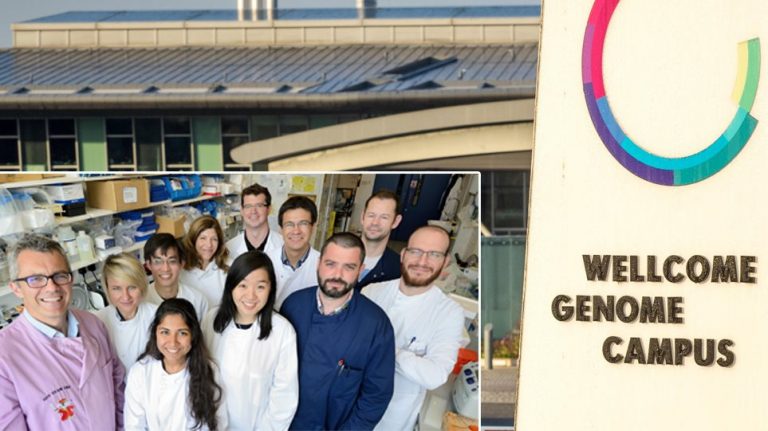A team of scientists led by two Greek doctors at the Wellcome Sanger Institute, University of Cambridge is on the verge of developing a promising treatment for a form of blood cancer from an active ingredient in eye drops.
Scientists at the Wellcome Sanger Institute, University of Cambridge, University of Nottingham and their collaborators have found that this compound, which targets an essential cancer gene, could kill leukaemia cells without harming non-leukemic blood cells.
Dr George Vassiliou, joint leader of the research from the Wellcome Sanger Institute and the Wellcome-MRC Cambridge Stem Cell Institute, said: “We have discovered that inhibiting a key gene with a compound being developed for an eye condition can stop the growth of an aggressive form of acute myeloid leukaemia without harming healthy cells. This shows promise as a potential approach for treating this aggressive leukaemia in humans.”
“Our study describes a novel mechanism required for leukaemia cell survival and highlights the therapeutic potential of SRPK1 inhibition in an aggressive type of AML. Targeting this mechanism may be effective in other cancers where BRD4 and SRPK1 play a role, such as metastatic breast cancer”, Dr Konstantinos Tzelepis, joint lead author from the Wellcome Sanger Institute and the University of Cambridge said.
Acute myeloid leukaemia (AML) is a form of blood cancer that affects people of all ages, often requiring months of intensive chemotherapy and prolonged hospital admissions. It develops in cells in the bone marrow crowding out the healthy cells, in turn leading to life-threatening infections and bleeding.
Mainstream AML treatments have remained unchanged for over 30 years, with the current treatment being chemotherapy, and the majority of people’s cancer cannot be cured. A subtype of AML, driven by rearrangements in the MLL gene has a particularly bad prognosis.
source: sanger.ac.uk
Ask me anything
Explore related questions





